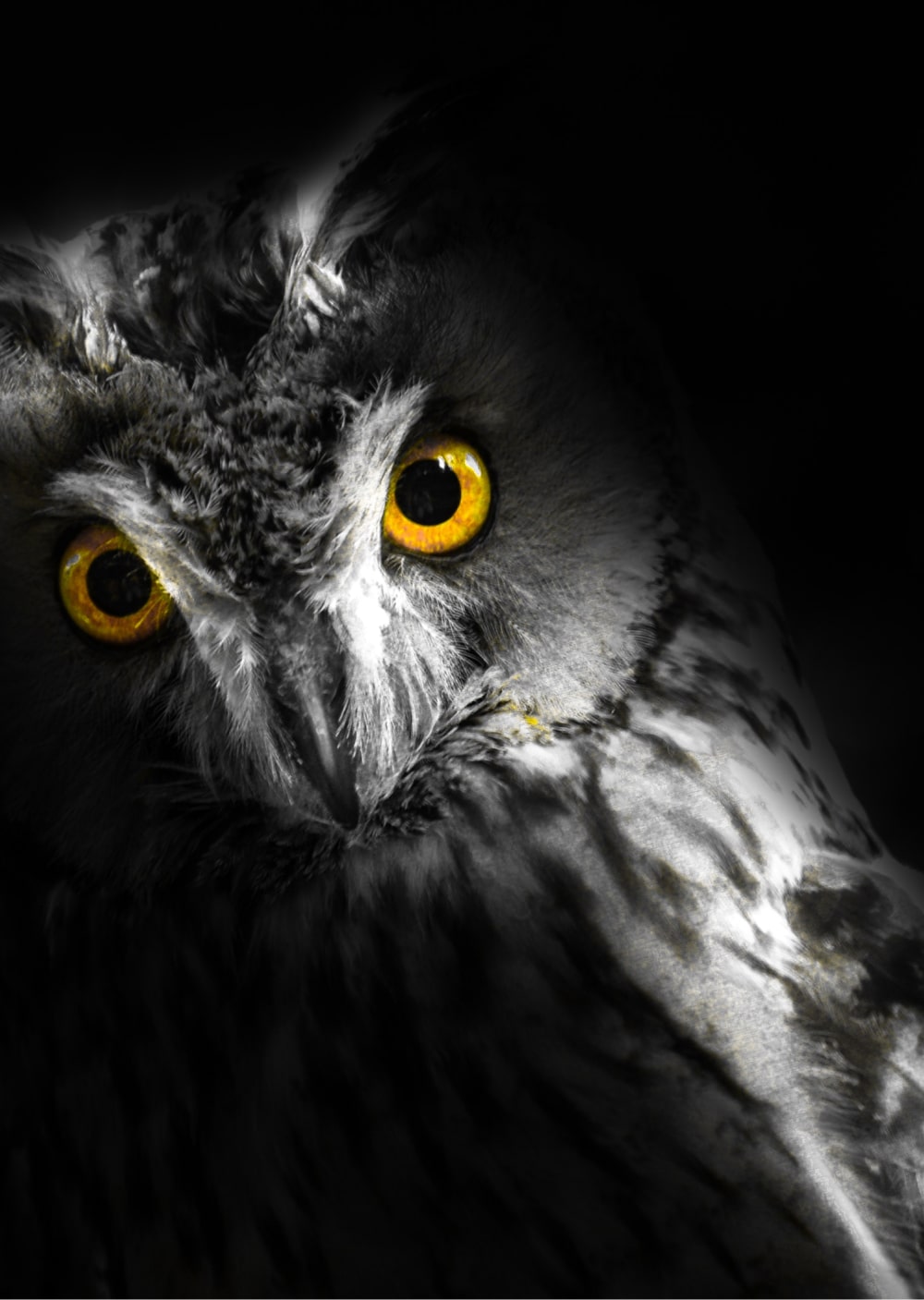Observing the night skies have inspired people since the time of antiquity. Today, the interest in the night sky, such as dark sky observation, astronomy, and astro-photography is seeing increasing popularity.
The Dark Sky Project aims to empower training bodies and business in remote and rural European tourism to seize a more equitable share of Europe’s future post pandemic tourism opportunities. It will play a key role in rebuilding and refocusing European tourism to be more sustainable, resilient, and future orientated.


The ability to gaze up to the stars and ponder their meaning has been the privilege of travelers and locals for millennia. Many stargazers seek out Dark Sky Preserves simply for unobstructed views of the Milky Way. But dark skies are more than just a tourist attraction; they’re a crucial part of wildlife protection and conservation efforts. As traveler confidence builds post Covid, consumers are seeking out opportunities to travel in a more immersive way, away from typical crowded tourist attractions to more nature based. Dark Sky Ecotourism offers a form of frugal innovation as it taps into two free resources – the night sky and nature.
Dark Sky Ecotourism is part of the Erasmus programme lead by the Department of Tourism at the University of Hólar. The project is working on a handbook and educational material for use by tourism companies. The objectives of this project are:
